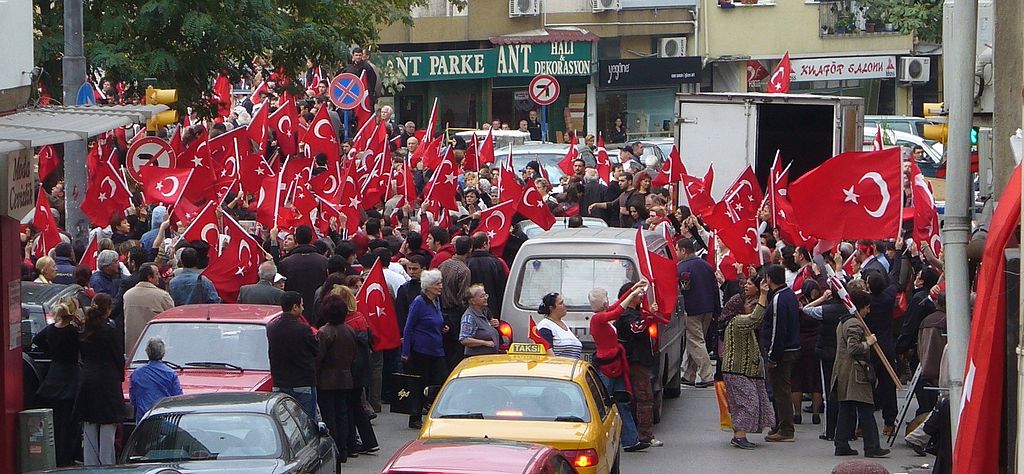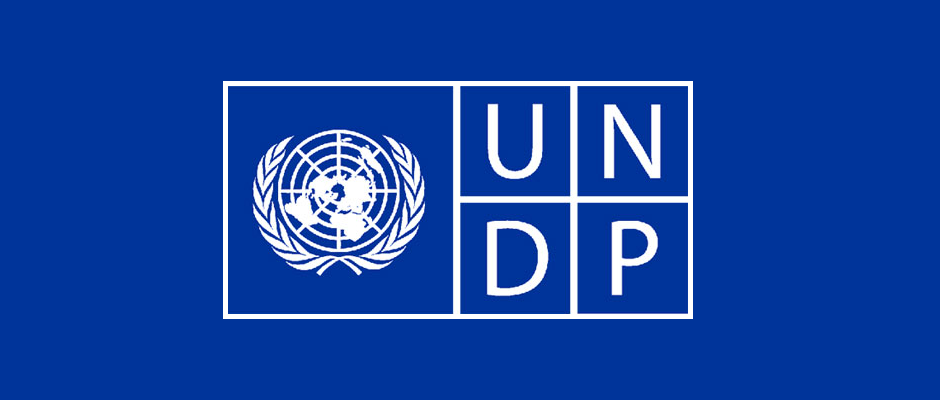
Decentralization through administrative reform is the solution for the Kurdish question in Turkey and its immediate neighborhood.
The Republic of Turkey is ill. The violent upheaval taking place just over the border in Iraq and Syria have laid bare the flaws in the very foundation of its present administrative structure. To keep the republic on its feet in the 21st century, structural administrative reforms must be undertaken. The Justice and Development Party (AKP) that has been governing Turkey since 2002 and publicly elected President Recep Tayyip Erdoğan can actually and/or potentially act as a stabilizing force given the fact that it has the backing of over 50 percent of voters, or the AKP may choose to leverage this strong public support to centralize power even further. The Kurdish issue highlights the need for a conversation about administrative reform, and the jury is out, but maybe not for long judging by the existential challenges Turkey faces.
Talk of decentralization may be traced back to the exiled opposition Prince Sabahaddin in the late 19th/early 20th century, and more recent examples were advanced by the Democratic Republic Program submitted to Parliament in 1996 by independent mainstream politicians Necdet Uğur and Tarhan Erdem or, even more recently, in the unfinished work of Parliament’s constitution drafting committee from 2014-15. Yet, the Republic presently faces existential challenges presented not only from the implosion of Iraq and Syria and the subsequent emergence of the Islamic State of Iraq and the Levant (ISIL), but also from the breakdown in the “peace process” between the state apparatus and the Kurdistan Workers’ Party (PKK). This should instill in all a sense of urgency when it comes to reinvigorating the discussion of decentralization which has essentially been shelved.
Kurds live in Turkey, Iraq, Syria, and Iran. Approximately half of these people are citizens of the Republic of Turkey. Apart from the two million in Syria, the remainder are more or less equally divided between Iraq and Iran. All four segments have different grievances as each of these four countries have different historical backgrounds and currently utilize different practical political structures. It is essential to study these differences and to explore whether decentralization in general will soon be the norm and a panacea for the woes of Kurds in these countries. There is also a structural contradiction in Ankara’s policies as the Turkish government seems to be encouraging further autonomy of the federal Kurdistan Region of Iraq (KRI) while fiercely resisting it in Turkey and Syria.
Of the four countries with Kurdish populations, Kurds have acquired an “official constitutional collective status” by acceding to their own semi-autonomous region only in Iraq. This occurred in 2003 even though the region’s internal borders are “disputed,” for they are not agreed upon legally by the Iraqi Parliament. However, following ISIL’s attack on Erbil during the summer of 2015 and its subsequent repulse, the KRI extended the territory it effectively controls militarily to what is considered to be permanent natural geographical borders including oil rich Kirkuk. KRI President Masoud Barzani gave instructions to start preparations for an official referendum on independence. Ankara remained silent about these developments, thus hinting at tacit approval.
Furthermore, the Turkish Energy Ministry announced a bid for the construction of a gas pipeline that will connect the national pipeline network to the Iraqi border. Iraqi Kurdistan’s gas potential with its volume and geographical proximity appears to be the best alternative to Russian and Iranian gas, which Turkey currently depends on, but tensions have increased with both of these countries due to conflicting policies, especially in Syria. Even though steps are being taken to get the infrastructure ready on the Turkish side of the border within two years, the fate of this deal hinges crucially on financing and also on a legal stamp of approval from Baghdad, which will inevitably mean Iraqi Kurdistan moves closer to severing its ties with Iraq.
Read the full article on Turkish Policy Quarterly, originally published on March 7, 2016.
Aldin Selcen is an independent political analyst specializing in Turkey-Syria-Iraq with a particular focus on the Kurdish issue, energy, and counter-terrorism. He is the former Consul General of Turkey in Erbil (2010-2013).





